The Government has amended legislation from 1st October 2021 to require medical practitioners to make a self-declaration of NHS earnings over £150,000 for 2019/20. This will be an annual process, with an uplift applied to the ceiling each year.
For 2019/20, this declaration must be made by 12th November 2021, thereafter it will need to be made by 30th April in the financial year following the year of disclosure – for example, self-declaration of earnings for financial year 2020/21 will need to be made by 30th April 2022.
The definition of NHS earnings for this purpose mirrors the definition of practitioner income in Schedule 10 of the NHS Pension Scheme Regulations 2015 plus any income from any NHS salaried posts. For Ramsay Brown clients we will contact you if we identify that you are over the threshold for self-declaration.
If you have any questions, please contact our team any time on 020 8004 0555 or [email protected]
Below is further guidance on what is considered as pensionable and non-pensionable income.
A GP Provider’s pensionable income (net of expenses) is derived from the following:
- Additional Services
- Adoption and fostering work
- APMS
- Appraisal work (where active type 1 or type 2 post already held)
- Blue (disabled) badge scheme
- Board/advisory work (Non-clinical GP & CCG self-employed board)
- Care Quality Commission (CQC)
- Case conference & other meetings arranged by Social Services
- Certificates to enable disabled/blind people to obtain telephones
- Certification Services
- Collaborative Services (section 26(4) of the 1977 Health Act)
- Commissioned Services
- Contact Price (Personal Medical Services)
- Dispensing Services
- Educating medical students/GPs in Practice (NHSE, LHB or HEE)
- Enhanced Services
- Essential Services
- Family planning (Commissioned Services)
- Food poisoning notifications (Commissioned Services)
- Foundation Trust income where Trust is an authorised OOHs Provider and GP is self-employed;
- Global Sum (General Medical Services)
- GPs with special interests (GPsWSI/Commissioned Services)
- Health Education England (GP training grant)
- Information Technology
- Lecture fees (Commissioned Services)
- Local Authority fees (i.e., drugs misuse or contraception)
- Marriage difficulty sessions (Commissioned Services)
- NHS Standard contract and NHS Standard sub-contract
- Notional Rent
- Primary Care Networks (PCNs)
- Priority housing reports by Local Authorities
- Prisoner Healthcare (NHSE/Local Health Board paying directly)
- QOF (Quality and Outcome Framework)
- Section 12/Mental Health work (Collaborative Services)
- Seniority Payments
- Social Services reports (Collaborative Services)
- Specialist Personal Medical Services (sPMS)
Income that is not pensionable includes:
- Cremation income
- Direction body and Medical School fees
- DWP fees
- Funds that a practice may inherit from another business by virtue of acquiring that business
- Housing report fees
- Income received under a GMS, PMS or APMS sub-contract arrangement
- Income in respect of renting/leasing out premises to another organisation
- Income that is held in reserve and later drawn down as a salary or dividends where Practice is a limited company
- Independent Provider income under a contract for services
- Income where the GP is employed by a Trust/Foundation Trust as this is an Officer post
- Insurance company fees
- Local Medical Council (LMC) fees
- Ministry of Defence fees
- National Drug Intervention Programme fees
- NHSBSA fees in respect of providing medical reports
- Police fees
- Travel and vaccination fees




